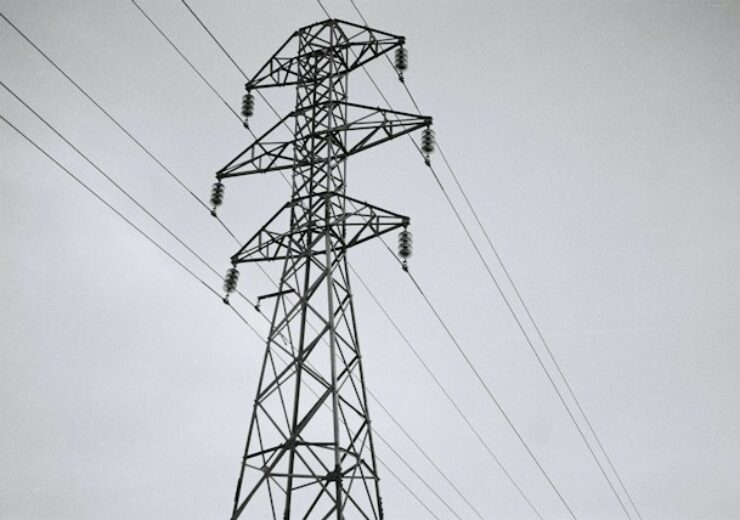The Adriatic Link project, which entails an investment of around €1.3bn, comprises a total length of 250km transmission line, including 210km of submarine cable, and will facilitate the integration of renewable sources and the achievement of energy transition goals

Terna gets greenlight for €1.3bn Adriatic Link project. (Credit: Grianghraf on Unsplash)
Italian transmission system operator (TSO) Terna has secured the authorisation for Adriatic Link, a submarine power line that will connect the regions of Marche and Abruzzo in Italy.
Italy’s Ministry of Environment and Energy Security has authorised the Adriatic Link project, through a decree dated 31 January 2024.
The authorisation is the result of continuous discussions between the Ministry and Terna, and the company’s extensive consultation process with the local community.
Since December 2020, the discussion in the design and public consultation phases resulted in over 120 meetings with administrations, associations, and citizens, said the Italian TSO.
Minister Gilberto Pichetto Fratin said: “With the ministerial authorisation of the Adriatic Link, another piece is placed in the path undertaken by the State with Terna to achieve the European decarbonisation goals of the Italian energy system in line with the objectives outlined in the National Integrated Energy and Climate Plan.”
The Adriatic Link project comprises two submarine cables of around 210km each, laid at a maximum depth of 100m, and two underground cables of 40km each.
It also includes conversion stations planned to be built near the existing electrical substations in Cepagatti (Pescara), Abruzzo, and Fano (Pesaro-Urbino), Marche.
Entailing an investment of around €1.3bn, the Adriatic Link project will help increase around 1,000MW in exchange capacity between Italy’s Centre-South and Centre-North zones.
It will enable the integration and transfer of energy produced by wind and photovoltaic plants in the South to consumption centres in the North.
The transmission project is included in the country’s National Integrated Plan for Energy and Climate (PNIEC) and is recognised as strategic by the regulatory Authority.
It will strengthen energy exchange in central Italy, and address the security and flexibility needs of the national electrical system and the targets for growth in renewables, said Terna.
Terna CEO and general manager Giuseppina Di Foggia said: “We are very pleased with the approval obtained from the Ministry of Environment and Energy Security for the Adriatic Link, one of the fundamental projects of Terna’s Ten-Year Development Plan.
“The infrastructure, for which we will invest approximately €1.3bn, will enhance the security and resilience of the national power grid and contribute to achieving the goals set by the National Integrated Plan for Energy and Climate, confirming Italy’s role as a European and Mediterranean energy hub.”
